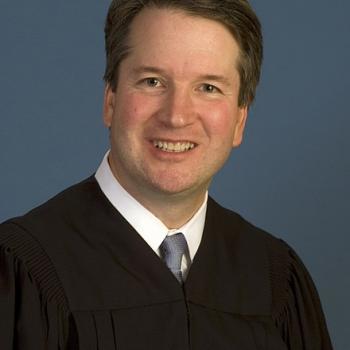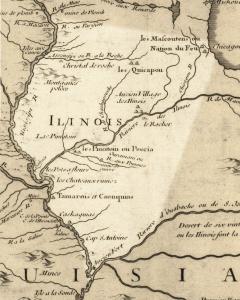The U.S. Supreme Court has been spending a lot of time on Free Speech cases recently, and one of those cases has served the interests of religious freedom, which has the same importance in Catholic social teaching as free expression does under the Constitution. National Institute of Family and Life Advocates v. Becerra [1] involved the “California Reproductive Freedom, Accountability, Comprehensive Care, and Transparency Act (FACT Act)” which required “clinics that primarily serve pregnant women to provide certain notices.” (Ibid, p. 1) Clinics licensed to provide medical services were required to “notify women that California provides free or low-cost services, including abortions, and give them a phone number to call.” (Ibid.) Clinics not so license were required to give notice of that fact.
 “After the Governor of California signed the FACT Act…a licensed pregnancy center, an unlicensed pregnancy center, and an organization composed of crisis pregnancy centers” filed suit, alleging that requiting such notices abridged their right of free speech “protected by the First Amendment.” (Id, at p. 5) The Ninth Circuit had “concluded that the licensed notice” survived “the ‘lower level of scrutiny’ that” it said “applies to regulations of ‘professional speech,’” and “that the unlicensed notice” satisfied “any level of scrutiny.” (Id, at p. 6) But the Supreme Court reversed “with respect to both notice requirements.” (Ibid.)
“After the Governor of California signed the FACT Act…a licensed pregnancy center, an unlicensed pregnancy center, and an organization composed of crisis pregnancy centers” filed suit, alleging that requiting such notices abridged their right of free speech “protected by the First Amendment.” (Id, at p. 5) The Ninth Circuit had “concluded that the licensed notice” survived “the ‘lower level of scrutiny’ that” it said “applies to regulations of ‘professional speech,’” and “that the unlicensed notice” satisfied “any level of scrutiny.” (Id, at p. 6) But the Supreme Court reversed “with respect to both notice requirements.” (Ibid.)
The Court rejected the notion that there is any such legal category as “professional speech.” “Speech is not unprotected,” the Court said, “merely because it is uttered by ‘professionals.’” (Id., p. 8) Thus, the notices required of the licensed clinics, advising women of the availability of free or low cost abortion services, were to be treated as any other speech compelled by the government. The Court struck down the notice required by facilities that were not licensed to provide medical services because California couldn’t show that the notices were particularly informative.
 Catholic teaching tells us that “the common good resides in the conditions for the exercise of the natural freedoms indispensable for the development of the human vocation, such as ‘the right to act according to a sound norm of conscience and to safeguard . . . privacy, and rightful freedom also in matters of religion.’” (Catechism of the Catholic Church (CCC), §1907) [2]
Catholic teaching tells us that “the common good resides in the conditions for the exercise of the natural freedoms indispensable for the development of the human vocation, such as ‘the right to act according to a sound norm of conscience and to safeguard . . . privacy, and rightful freedom also in matters of religion.’” (Catechism of the Catholic Church (CCC), §1907) [2]
“’Nobody may be forced to act against his convictions, nor is anyone to be restrained from acting in accordance with his conscience in religious matters in private or in public, alone or in association with others, within due limits.’ This right is based on the very nature of the human person, whose dignity enables him freely to assent to the divine truth which transcends the temporal order. For this reason it ‘continues to exist even in those who do not live up to their obligation of seeking the truth and adhering to it.’” (CCC, §2106) [3]
U.S. constitutional law is not so generous on the question of religious freedom. The “Free Exercise Clause never ‘relieve[s] an individual of the obligation to comply with a “valid and neutral law of general applicability.”’” [4] That is why the California legislation was challenged and decided on the basis of Free Speech, a constitutional right given protection like no other.
Here the constitutional right of free speech, and the freedom of conscience that is so important to Catholic social teaching coincided. That doesn’t always happen. But it is nice when it does.
The icon of St. Joseph the Worker is by Daniel Nichols.
Listen to Christian Democracy on live internet radio on Tuesdays at 10:30 p.m. Eastern time at WCAT Radio here, or listen to the podcast here on the Christian Democracy Patheos blog.
Please go like Christian Democracy on Facebook here. Join the discussion on Catholic social teaching here.












